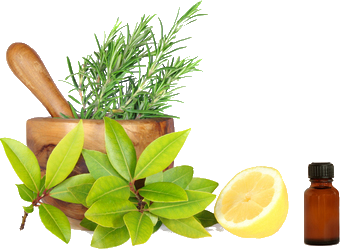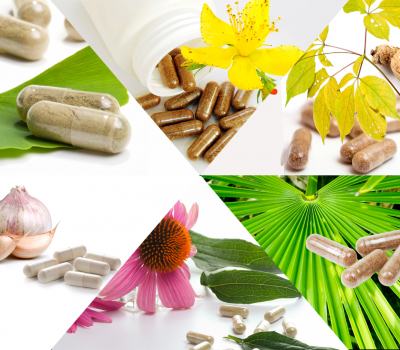About herbal

An herb is a plant or plant part used for its scent, flavor, or therapeutic properties. Herbal medicines are one type of dietary supplement. They are sold as tablets, capsules, powders, teas, extracts, and fresh or dried plants. People use herbal medicines to try to maintain or improve their health.
Many people believe that products labeled “natural” are always safe and good for them. This is not necessarily true. Herbal medicines do not have to go through the testing that drugs do. Some herbs, such as comfrey and ephedra, can cause serious harm. Some herbs can interact with prescription or over-the-counter medicines.
What is herbal medicine?

Herbal medicine — also called botanical medicine or phytomedicine — refers to using a plant’s seeds, berries, roots, leaves, bark, or flowers for medicinal purposes. Herbalism has a long tradition of use outside of conventional medicine. It is becoming more mainstream as improvements in analysis and quality control along with advances in clinical research show the value of herbal medicine in the treating and preventing disease.
Herbal medicine aims to return the body to a state of natural balance, so that it can start healing itself. Different herbs act on different systems of the body. Some of the herbs that have been scientifically studied, and found to be effective and safe, include:
Echinacea – boosts the immune system and aids the body in fighting infection. It is used to treat ailments such as boils, fever and herpes. Echinacea is under investigation for its use in treating cancer and AIDS.
Dong quai (dang gui) – used for gynaecological complaints, such as premenstrual tension, menopause symptoms and period pain. Some studies indicate that dong quai can lower blood pressure.
Garlic – can be used to reduce the risk of heart disease by lowering blood fats and cholesterol (a type of blood fat) levels. The antibiotic and antiviral properties of garlic mean that it is also used to fight colds, sinusitis and other respiratory infections.
Ginger – many studies have shown ginger to be useful in treating nausea, including motion sickness and morning sickness.
Ginkgo biloba – commonly used to treat poor blood circulation and tinnitus (ringing in the ears). Some studies have found ginkgo biloba to be effective in treating neurological disorders, such as memory loss and Alzheimer’s disease.
Ginseng – generally used for debility and weakness, for example during recovery from illness. It can be used to reduce blood pressure and cholesterol levels, however overuse of ginseng has been associated with raised blood pressure. Some studies show that ginseng can also boost immunity, improve mental functioning and speed the healing processes of the body.
Hypericum – commonly known as St John’s Wort. Numerous studies have demonstrated that hypericum is just as effective as some synthetic antidepressants in treating mild to moderate depression. It is also effective for anxiety and insomnia. Research is currently focusing on hypericum’s antiviral properties and its effect on AIDS. Recent information suggests that hypericum can interact with a number of prescription drugs, including the oral contraceptive pill.
Things to remember
- Herbal medicine is the therapeutic use of plants to treat disease and enhance general health and wellbeing.
- Herbs can act on the body as powerfully as synthetic drugs and should be treated with the same care and respect.
- Never stop taking your conventional drugs in favour of herbs without the approval of your doctor.
